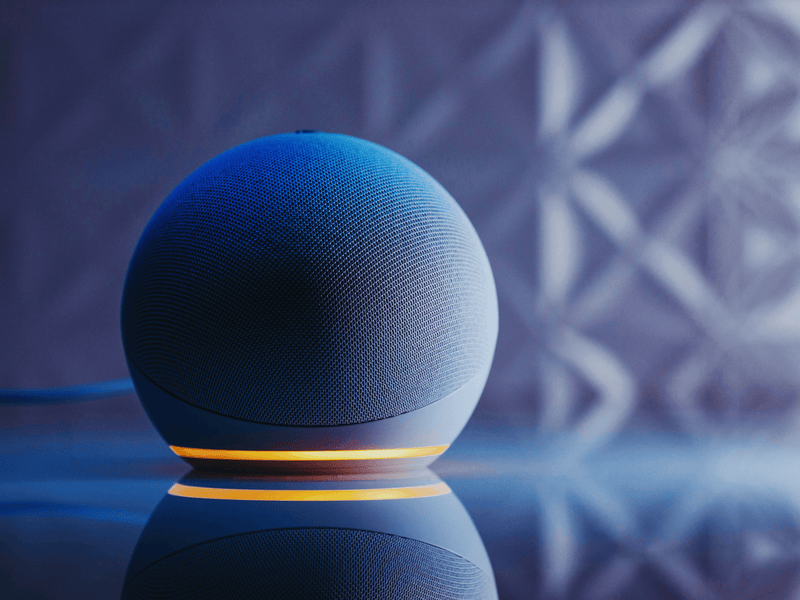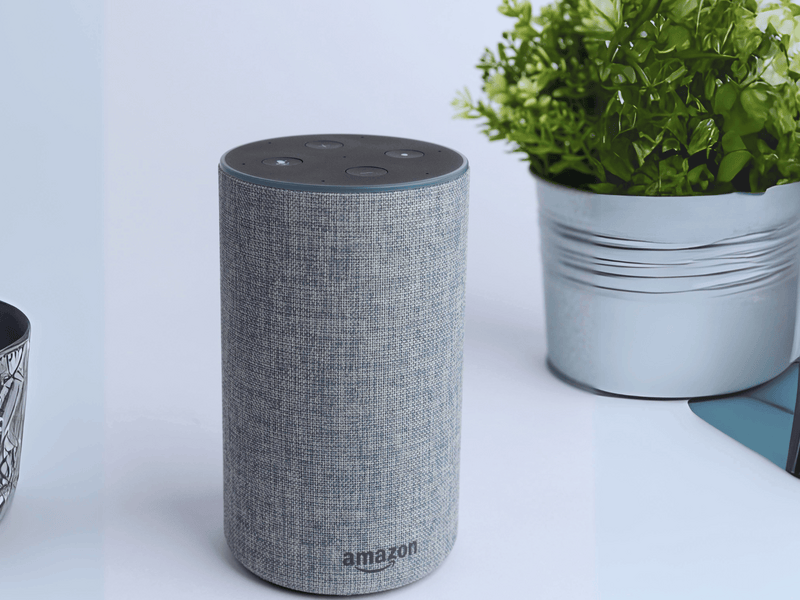Image Source: Unsplash
In today’s rapidly evolving world of smart home technology, voice assistants have become an integral part of our daily lives. These AI-powered virtual assistants not only provide convenience but also allow us to control various aspects of our homes with simple voice commands. With a wide range of voice assistants available, it can be challenging to determine which one is the best fit for your smart home setup.
In this comprehensive guide, we will explore the top voice assistants in the market and compare their features, advantages, and disadvantages. By the end, you’ll have a clear understanding of which voice assistant is the best choice for your smart home.
Understanding Voice Assistants
Before we dive into the specific voice assistants, let’s first understand what a voice assistant is and how it works. A voice assistant is an AI-powered technology that leverages speech recognition, artificial intelligence (AI), and natural language processing (NLP) to interact with users through voice commands. These assistants can perform a wide range of tasks, from answering questions and setting reminders to controlling smart devices in your home.
Voice assistants are commonly found on smartphones, smart speakers, smartwatches, and other smart home devices. They have revolutionized the way we interact with technology, offering a hands-free and convenient user experience. If you’re looking to automate your home with features like in-house climate control, controlled lighting, and motorized window shades, voice assistants are the way to go.
The Top Voice Assistants: A Comparison
While there are numerous voice assistants available, three stand out as the most popular choices: Amazon Alexa, Google Assistant, and Apple Siri. Let’s take a closer look at each of these voice assistants and analyze their pros and cons.
Amazon Alexa
As the leading voice assistant, Amazon Alexa offers a wide range of features and compatibility with various smart home devices. Let’s explore the advantages and disadvantages of using Amazon Alexa in your smart home setup.
Advantages of Amazon Alexa
Intelligence: Amazon Alexa is highly capable of answering general questions and performing tasks like providing news briefings and setting calendar reminders. It has advanced conversational capabilities and can understand multiple commands in succession.
Smart Home Support: Alexa has the largest compatibility with other smart home devices, allowing you to control a wide range of devices, including lights, thermostats, security cameras, and more. It offers seamless integration and easy setup with popular brands like Philips Hue and Ring.
Easy Shopping: With Amazon Alexa, you can seamlessly shop on Amazon using just your voice. Alexa makes it easy to place orders, track packages, and even find exclusive deals for Amazon Prime members.
Disadvantages of Amazon Alexa
Inaccurate Answers: While Alexa excels in many areas, it may occasionally provide inaccurate answers or struggle to understand complex queries. This is partly due to the wide range of questions Alexa can now answer, which increases the likelihood of occasional inaccuracies.
Mobile Experience: Unlike its competitors, Google Assistant and Siri, Alexa is not pre-installed on mobile phones. To use Alexa on your phone, you need to download the Amazon Alexa app, which may not offer the same seamless experience as built-in voice assistants.
Google Assistant
Google Assistant is known for its intelligence and accuracy in answering questions. It offers a range of features and continues to advance rapidly. Let’s explore the advantages and disadvantages of using Google Assistant in your smart home setup.
Advantages of Google Assistant
Intelligence and Accuracy: Google Assistant consistently outperforms other voice assistants when it comes to recognizing and responding to questions correctly. It excels in providing accurate and informative answers to a wide range of queries.
Advancing Quickly: Google Assistant is rapidly catching up with Alexa in terms of smart device compatibility. It offers routines that allow you to string multiple actions together using a single command, making it convenient for daily routines. It also supports a wide range of devices, including refrigerators and third-party smart displays.
Google Compatibility: Google Assistant leverages the power of Google’s search engine, ensuring that it provides the most relevant and up-to-date information. It also offers seamless integration with Google services, such as Google Home and Google apps.
Disadvantages of Google Assistant
- Device Compatibility: While Google Assistant is expanding its compatibility with popular home automation services and smart devices, it still lags behind Alexa in terms of the sheer number of compatible devices. Alexa currently pairs with over 20,000 devices, while Google Assistant pairs with around 5,000.
Apple Siri
Apple Siri is the voice assistant of choice for Apple users, offering seamless integration with other Apple devices. Let’s explore the advantages and disadvantages of using Siri in your smart home setup.
Advantages of Apple Siri
Apple Integration: Siri works seamlessly with other Apple devices, allowing for a more streamlined experience within the Apple ecosystem. It offers enhanced compatibility with devices like iPads, HomeKit devices, and the HomePod smart speaker.
HomeKit Compatibility: Siri is compatible with smart devices that support Apple’s HomeKit, ensuring easy setup and integration. Activating automation features is as simple as giving a regular command, without the need for specialized activation words.
Language Support: Siri supports multiple languages, making it an ideal choice for those who speak languages outside of the limited options offered by other voice assistants. It currently understands 20 languages, compared to Alexa’s three and Google Assistant’s four.
Disadvantages of Apple Siri
Limited Voice Applications: Siri has fewer voice applications compared to its competitors, limiting its functionality outside of the Apple ecosystem. Popular services like Spotify or Pandora are not accessible through Siri, making it less versatile for those who rely on third-party services.
Device Versatility: While Siri offers basic home automation control through HomeKit devices, it may lack versatility when compared to other voice assistants. For example, the HomePod smart speaker has limitations, such as the inability to add events to calendars or identify different voices.
Choosing the Right Voice Assistant for Your Smart Home
Now that we’ve explored the pros and cons of each voice assistant, how do you decide which one is the best fit for your smart home? Here are a few factors to consider:
Device Compatibility: Evaluate the compatibility of each voice assistant with your existing smart home devices. Ensure that the voice assistant you choose works seamlessly with your preferred brands and devices.
Features and Capabilities: Consider the specific features and capabilities offered by each voice assistant. If you prioritize smart home control, Alexa’s extensive compatibility might be the best choice. If you value accurate responses and intelligence, Google Assistant might be the right fit. For Apple users, Siri offers seamless integration within the Apple ecosystem.
Personal Preferences: Ultimately, your personal preferences and user experience will play a significant role in choosing the right voice assistant. Consider factors such as ease of use, user interface, and overall satisfaction when interacting with the voice assistant.
The Future of Voice Assistants
As technology continues to evolve, voice assistants are expected to become even more advanced and capable. The future holds promises of improved speech recognition, better understanding of accents, and enhanced capabilities across various domains. Voice assistants are likely to play an increasingly important role in our daily lives, providing convenience, automation, and personalized experiences.
In conclusion, when it comes to choosing the best voice assistant for your smart home, Amazon Alexa, Google Assistant, and Apple Siri are the top contenders. Each offers unique advantages and disadvantages, so it’s essential to evaluate your specific needs and preferences. Whether you prioritize device compatibility, accuracy, or seamless integration within the Apple ecosystem, there is a voice assistant that’s the perfect fit for your smart home.
Remember to stay updated with the latest advancements in voice assistant technology, as new features and capabilities are constantly being developed. Voice assistants are still in their early stages, but they are rapidly gaining popularity and becoming more integrated into our daily lives. With the right voice assistant, you can enjoy a seamless and convenient smart home experience.




